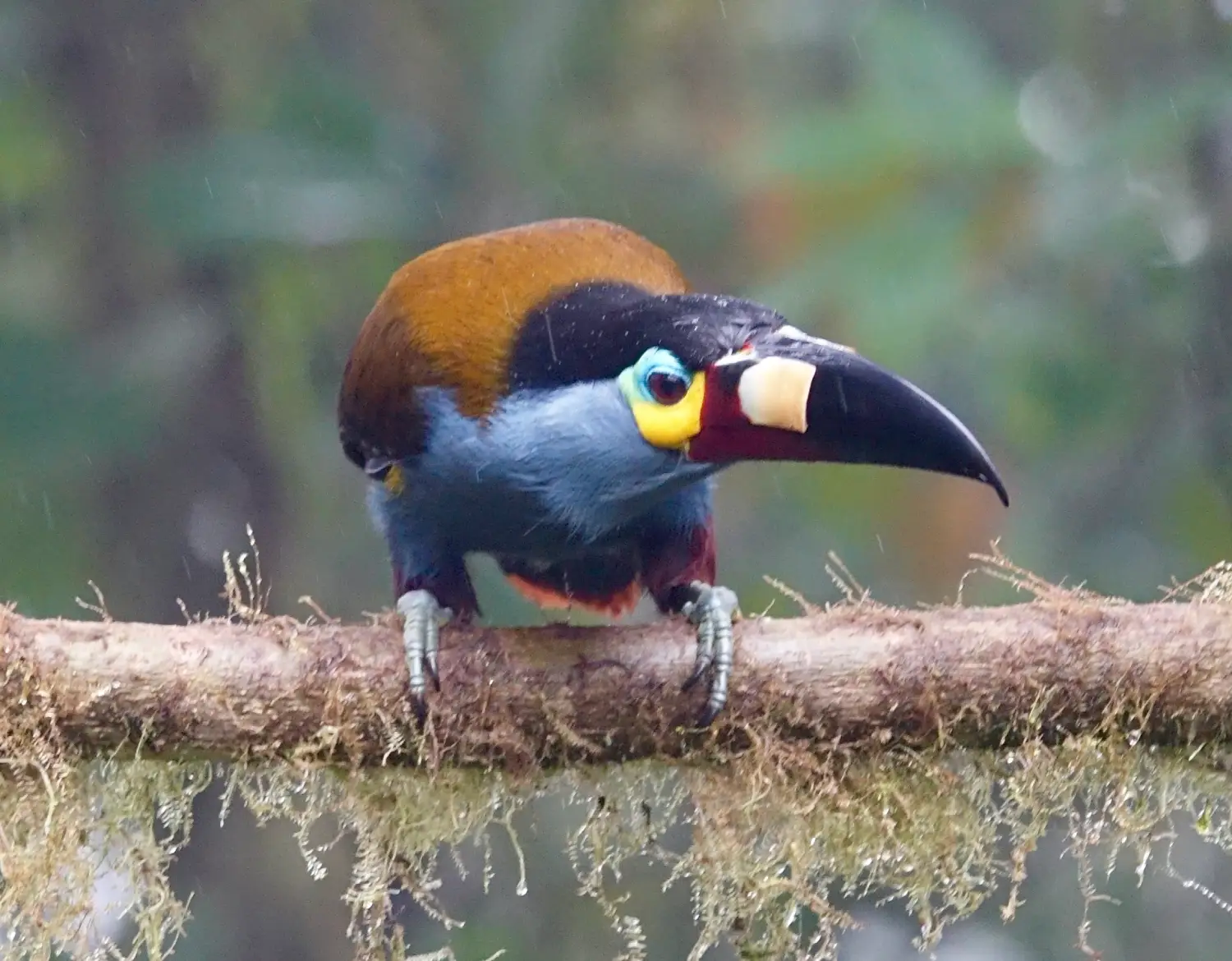Ecuador Birding Tours
At Costa Rica Focus we plan unique Costa Rica bird watching tours and bird photography tours. Explore our sample birding & bird photography tours below or contact us if you would like assistance in customizing your upcoming birding or bird photography tour. Scroll below to check out some of our favorite birding and photography tours.

Our Birding Tours
- Package #1
Ecuador’s Northwest Choco Endemics Birding Tour
Focus:Advanced Briding
Type:13730
Days:10 Nights | 11 Days

- Package #2
Ecuador 16 Days Birding Tour – Choco Endemics & The
Focus:Birding Photography
Type:13730
Days:16 Nights | 17 days
Ecuador Birding Tours
Get a Free Quote
